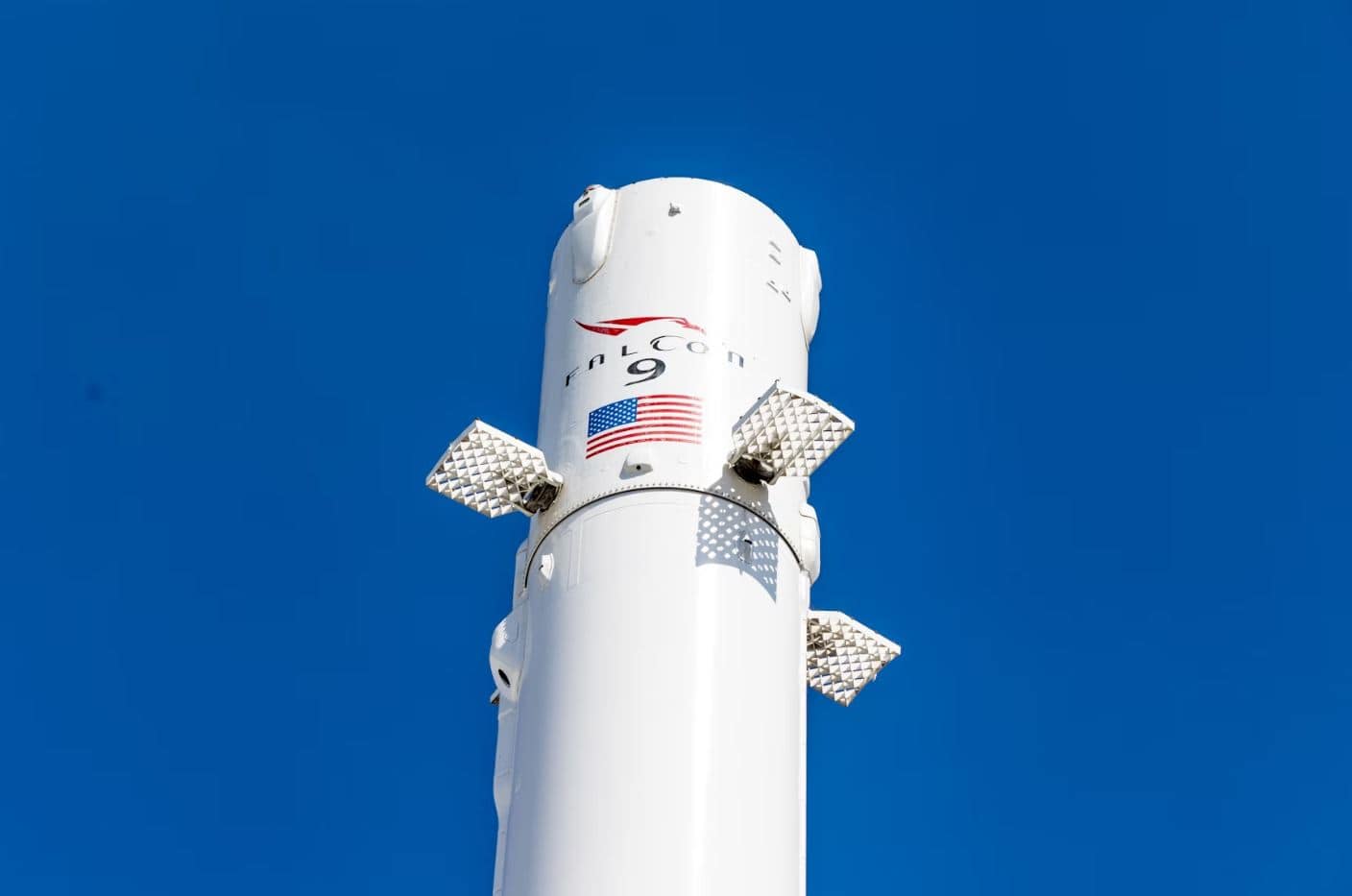The Federal Aviation Administration (FAA) has cleared SpaceX’s Falcon 9 vehicle to resume its regular launching activities following a thorough investigation into a recent incident. This decision comes after the FAA completed its review of SpaceX’s internal investigation concerning the unfortunate mishap that occurred during the Crew-9 mission on September 28.
In an earlier announcement, the FAA expressed its commitment to ensuring public safety during commercial space flight operations. The agency had previously wrapped up investigations for two other incidents linked to the Falcon 9 rocket during the summer, specifically the Starlink 9-3 mission on July 11 and the Starlink 8-6 mission on August 28.
The acceptance of SpaceX’s corrective measures signifies a return to normalcy for the Falcon 9 program, which has been instrumental in launching a variety of payloads into orbit. The authorized resumption of flights allows SpaceX to continue its efforts in advancing space technology and expanding access to space.
In related news, SpaceX recently achieved a successful launch of BlueBird satellites using the Falcon 9 rocket, underlining the company’s capabilities in the aerospace sector. The ongoing evolution of space transportation promises exciting developments in the weeks and months to follow.
The Impact of SpaceX’s Resumed Falcon 9 Launches on Society and the Global Economy
The recent clearance by the Federal Aviation Administration (FAA) for SpaceX to resume launches of its Falcon 9 rocket marks a significant milestone in the realm of commercial spaceflight. Following a rigorous investigation into incidents during previous missions, this resumption not only impacts SpaceX but also has broader implications for communities, economies, and the future of space exploration.
One of the most profound effects of this resumption is the revitalization of local economies. Spaces like Cape Canaveral and the surrounding regions in Florida stand to benefit significantly from the increased frequency of rocket launches. With each launch, thousands of jobs are created, from ground support personnel to technical staff and engineers. The surge in tourism, as space enthusiasts flock to witness launches, further stimulates the local economy, benefiting various sectors such as hospitality, restaurants, and retail.
Moreover, the resumption of Falcon 9 launches plays a crucial role in global communications and internet access. SpaceX, through its Starlink program, aims to provide high-speed internet access to underserved and remote areas around the world. Each successful launch of Starlink satellites moves the company closer to realizing this goal, bridging the digital divide and enhancing connectivity for millions. This initiative can have transformative effects on education, business, and healthcare in previously disconnected regions.
However, the revival of launch activities does not come without controversy. Environmental concerns are at the forefront of discussions surrounding increased rocket launches. The emissions produced during launches contribute to atmospheric pollution, and the impact on wildlife near launch sites is increasingly scrutinized. Additionally, debates have arisen over the potential for overcrowding in orbit as satellite constellations proliferate, raising concerns about space debris and the long-term sustainability of outer space activities.
SpaceX’s recent achievements, such as the successful launch of BlueBird satellites, showcase the company’s role as a leader in the aerospace sector. As technological advancements continue to unfold, competition is intensifying among various companies working in space technology. This competition could lead to innovations that benefit humanity, but it also raises questions about regulation, safety, and the fair use of space resources.
As we approach an era where commercial spaceflight becomes routine, the impact on global policy cannot be ignored. Countries are beginning to reassess their space regulations and collaboration efforts, which could lead to international treaties governing space traffic management and the collective responsibility for sustainable practices in space exploration.
In conclusion, SpaceX’s resumption of Falcon 9 launches serves as a pivotal touchpoint in the ongoing dialogue about commercial spaceflight’s role in society. While it promises job creation, increased internet access, and possible technological breakthroughs, it also challenges us to consider the environmental and regulatory aspects of our ventures into space. As we embark on this new chapter, the decisions made today will ripple through communities and countries for generations to come.
For more information on commercial spaceflight and its implications, visit NASA.
The article has been updated: 2024-11-03 01:34
Here are some suggested related links:
NASA – The official website of NASA, where you can find information about space missions, research, and the latest developments in aeronautics and space exploration.
SpaceX – The official website of SpaceX, the private aerospace manufacturer and space transportation company founded by Elon Musk, known for its Falcon 9 rocket and significant contributions to space technology.
FAA – The Federal Aviation Administration’s official website, providing information on regulations, safety, and operations related to aviation and aerospace activities in the United States.
Space.com – A leading source for news on space science, exploration, and technology, featuring articles on missions, spacecraft, and the latest discoveries in the universe.
Rocket Lab – The official website of Rocket Lab, a private company focused on small satellite launch services, providing insights into the evolving landscape of commercial space operations.
The article has been updated: 2024-11-06 01:28
What does the FAA’s green light for Falcon 9 operations indicate about SpaceX’s launch plans?
The FAA’s approval for Falcon 9 operations indicates that SpaceX has met the necessary safety and regulatory requirements to conduct its launches. This clearance suggests that the company can proceed with its scheduled missions, which may include satellite deployments, crewed flights, and cargo transports to the International Space Station. The review process typically ensures that environmental and safety standards are maintained, thus allowing SpaceX to continue its contributions to space exploration and commercial spaceflight initiatives.







